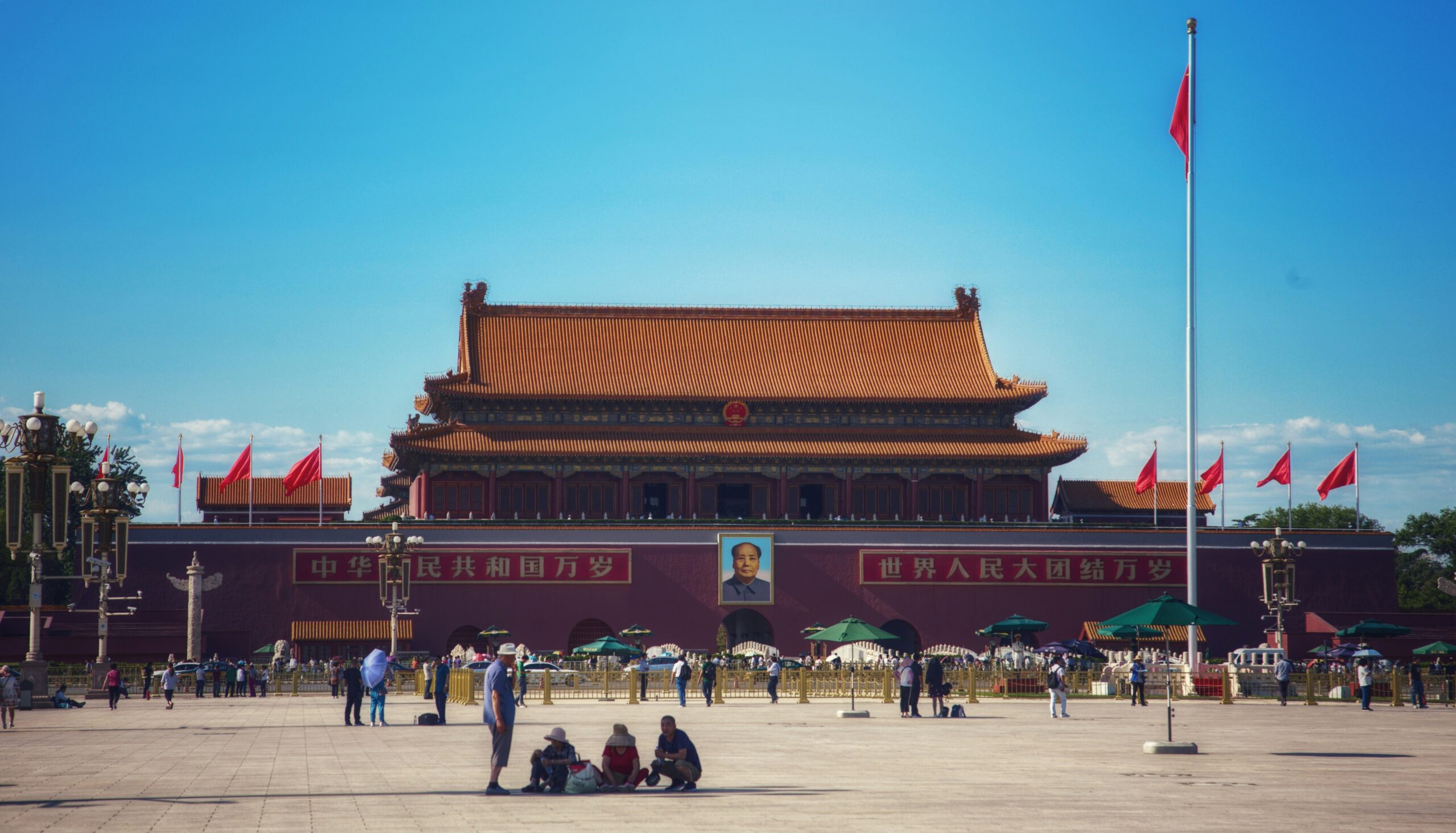On 30 January, the European Commission will officially launch the Strategic Dialogue on the Future of the European Automotive Industry, addressing the sector’s most pressing challenges for one of the EU’s most important economic pillars.
The automotive industry is a pillar of the EU’s economy, employing over 13 million people and contributing approximately 7% to the EU’s GDP. However, the sector faces profound challenges, including increased global competition, rapid technological innovation, and the urgent need for decarbonisation.
A pivotal moment for European Manufacturing
The Strategic Dialogue, announced by European Commission President Ursula von der Leyen, aims to protect and boost the automotive industry by engaging key stakeholders to develop concrete solutions.
Speaking before the European Parliament on 27 November 2024, President von der Leyen emphasised the importance of the initiative: “The automotive industry is a European pride and is crucial for Europe’s prosperity. It drives innovation, supports millions of jobs, and is the largest private investor in research and development. Each sector has unique needs, and it is our responsibility to tailor solutions that are both clean and competitive. We need to support this industry in the deep and disruptive transition ahead. And we must ensure that the future of cars remains firmly rooted in Europe”.
Key areas of discussion
The dialogue will address five critical areas:
- Innovation and leadership in future technologies: this includes discussions on next-generation batteries, software, and autonomous driving.
- Clean transition and decarbonisation: the agenda includes the regulatory framework, charging infrastructure, and ways to stimulate demand for clean vehicles.
- Competitiveness and resilience: addressing workforce skills, labour costs, energy affordability, and critical raw materials. Concretely, the labour market faces significant challenges in ensuring workforce skills align with evolving demands. This requires effective reskilling and upskilling programs for workers, which could be addressed by private-public collaboration.
- Regulatory streamlining: ensuring coherence between different regulations and optimising processes to support industry innovation and growth. Currently, the sector faces significant challenges with complex and burdensome reporting obligations, which increase compliance costs and hinder innovation. Simplifying and harmonising regulations could be essential to alleviate these issues and support the industry.
- Trade Relations: it will address global competitiveness and the need for ensuring an international playing field,
Strategic Approach
Under the leadership of President von der Leyen, the strategic dialogue will bring together European automakers, suppliers, trade unions, and civil society representatives, ensuring a holistic approach. In addition, thematic working groups will result in detailed recommendations to build a comprehensive EU strategy for the automotive sector. Finally, Transport Commissioner Apostolos Tzitzikostas will develop an action plan for the industry based on the insights gathered during this strategic dialogue.
Vulcan Views
The initiative comes at a pivotal time, as European automakers struggle to compete with Chinese rivals and face potential challenges from changing global trade dynamics. By tackling these issues proactively, the EU seeks to preserve the international competitiveness of its automotive industry while advancing its climate objectives.
On top of the current emphasis on electric vehicles, the EU should broaden its approach to include other innovative solutions, such as synthetic fuels and emerging technologies, that could contribute to a sustainable and diversified automotive future.
To achieve this, collaboration between industry leaders, researchers, and policymakers is essential. Research programs and funding should focus on exploring the viability and scalability of these alternatives, while targeted incentives can encourage automakers to diversify their investments. Public-private partnerships and cross-sector collaboration could further accelerate the adoption of innovative solutions, ensuring the industry has the flexibility to meet climate goals while addressing the varied needs of different markets.
As Europe stands at a technological and economic crossroads, this strategic dialogue is a timely and welcome initiative at a decisive moment for one of the EU’s most important industrial sectors. By fostering innovation, supporting research into alternative solutions, and encouraging a broader range of technologies, the EU can secure a resilient, competitive, and forward-looking automotive industry that aligns with its climate and economic ambitions.

